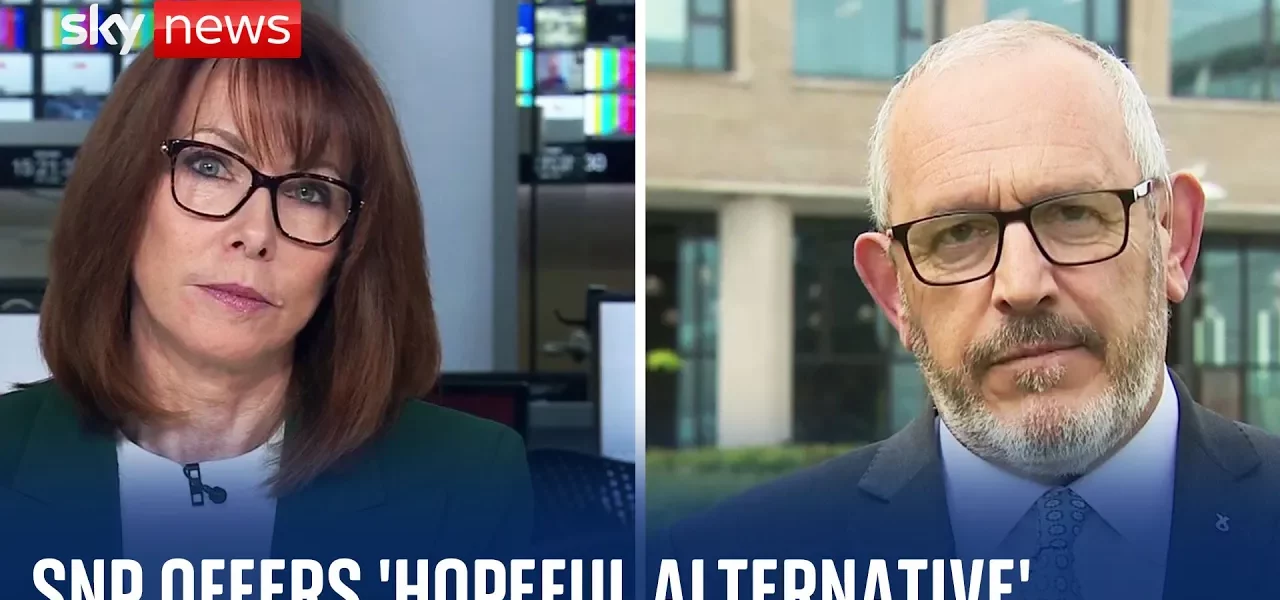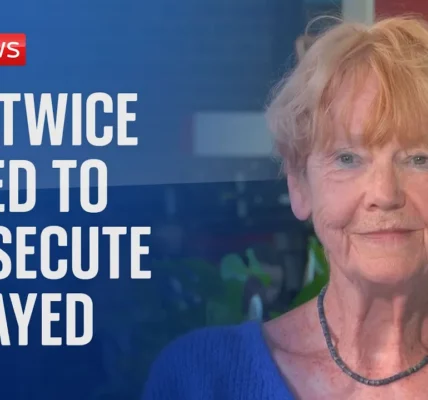In-Depth Analysis of the SNP Manifesto and NHS Funding

This article explores the recent statements made regarding the NHS, the political climate in Scotland, and the implications of the SNP manifesto for public health and energy policies as the election approaches.
Introduction
In the realm of Scottish politics, the National Health Service (NHS) remains a pivotal topic, especially in the context of the upcoming elections. As the SNP gears up to present its manifesto, concerns about NHS funding and potential privatization loom large. The political discourse has been charged with discussions about investment, public sector cuts, and the implications of Brexit, all of which are intricately linked to the health services in Scotland. This article delves into these critical issues, providing a comprehensive overview of the SNP’s proposals and the potential impact on the NHS.
NHS Funding and Privatization Concerns
The NHS in the UK has been facing an unprecedented crisis, marked by fears of privatization from both the Conservative and Labour parties. The SNP’s response to this threat is centered around a significant financial commitment to the NHS. Here are the main proposals:
- Call for an additional £10 billion investment in the NHS across the UK.
- A demand for the UK government to match the pay deals already secured by the Scottish government, amounting to an estimated £16 billion for the UK Health Service.
- Emphasis on the need for urgent investment to avert the ongoing pressures facing the NHS.
These proposals aim to ensure that the NHS can continue to provide essential services without falling prey to privatization schemes that have been discussed in political circles.
Economic Implications of Health Funding
Understanding the fiscal implications of NHS funding is crucial. The SNP argues that the perceived cuts in health spending are primarily a consequence of accepting the Conservative fiscal framework, which includes:
- Pre-planned cuts that could lead to significant reductions in health service funding.
- Increased borrowing that could exacerbate the financial strain on public services.
- The failure to adjust funding allocations to account for inflation, leading to a real-term decline in NHS resources.
The SNP positions itself as the party that will advocate against these cuts, pushing for a comprehensive review and adjustment of health funding to reflect the actual needs of the service.
Criticism and Counterarguments
Despite the SNP’s assurances, critics, including the Institute for Fiscal Studies, have raised concerns about the sustainability of their funding claims. The debate highlights several key points:
Allegations of Misleading Figures
Critics have suggested that the SNP’s financial figures do not account for various factors, including:
- Historical budget allocations that may not reflect current needs.
- In-year top-ups that have been provided to address immediate funding gaps.
- Projected declines in expenditure if current trends continue without intervention.
Response to Criticism
The SNP has countered these criticisms by asserting that their proposals will lead to an increase in NHS funding, emphasizing that their analysis is based on updated economic conditions and immediate needs rather than outdated projections.
Broader Political Context: The SNP Manifesto
As the SNP prepares for the upcoming elections, their manifesto is expected to be one of the most left-leaning in the party’s history, focusing on:
- Restoring public services and enhancing social safety nets.
- Addressing the repercussions of Brexit by advocating for re-entry into the European Union.
- Implementing social tariffs on essential services to alleviate the cost of living crisis.
These proposals aim to present a hopeful alternative to the current Westminster system, positioning the SNP as a champion for public welfare and progressive policies in Scotland.
Energy Policies and Social Tariffs
One of the more contentious points in the SNP’s platform is the proposal for social tariffs on energy, which has raised questions about its feasibility given that energy policy is reserved to the UK government. The party argues that:
- While energy regulations are reserved matters, the SNP can advocate for these changes at the UK level.
- Social tariffs are essential to ensure that basic energy needs are affordable for all citizens, particularly in times of crisis.
It is clear that the SNP will have to navigate complex political landscapes to push for these changes effectively.
Conclusion
The upcoming elections present a critical juncture for Scotland, with the SNP aiming to secure a mandate that prioritizes public health and social welfare. The proposed investments in the NHS and the ambitious manifesto could signify a turning point in Scottish politics. As the electorate prepares to cast their votes, understanding the implications of these proposals will be essential. For those interested in staying informed, it is vital to follow the developments closely as the election date approaches. Join the conversation and support policies that prioritize health and well-being across the UK.
“`




